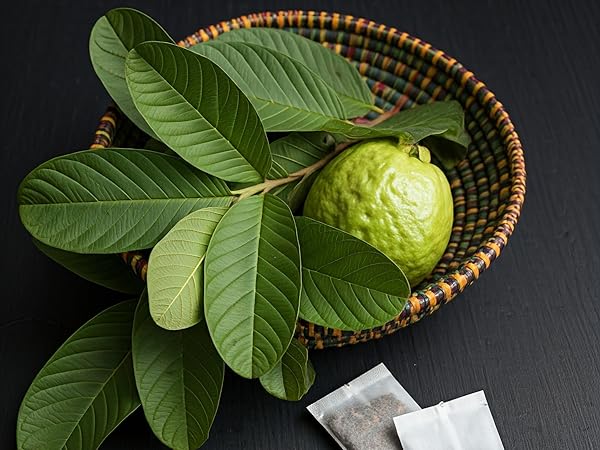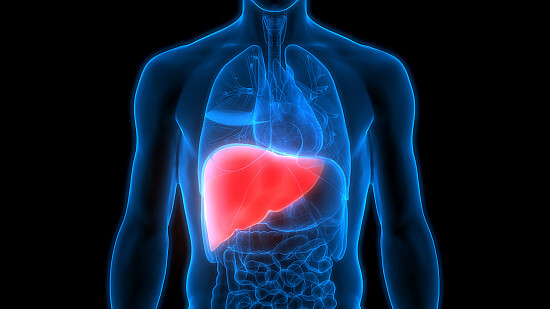Nutrients That Are Especially Important For Your Eyes
Fri 10 Mar 2017, 19:28:34

All your sense organs are important and so are your eyes. Eye health goes hand-in-hand with general health, but there are a few nutrients that are especially important for the eyes and help maintain eye function, protect the eyes against harmful light, and reduce the development of age-related degenerative diseases. Checkout the main nutrients that maximize your eye health, and their dietary sources and potential benefits.
Vitamin A
Vitamin A is essential for maintaining the light-sensing cells of the eyes, also known as photoreceptors. If you do not consume enough vitamin A, you may experience night blindness, dry eyes, or more serious eye diseases, depending on how severe your deficiency is.This vitamin deficiency is one of the most common causes of blindness in the world.
Vitamin A is only found in animal-derived foods. The richest dietary sources include liver, egg yolks and dairy products. However, you can also get vitamin A from antioxidant plant compounds called provitaminA carotenoids, found in high amounts in some fruits and vegetables. The most efficient of them is beta-carotene, which is found in high amounts in kale, spinach, and carrots.
Lutein and Zeaxanthin
Lutein and zeaxanthin are yellow carotenoid antioxidants known as macular pigments because they are concentrated in the macula, the central part of the retina. Lutein and zeaxanthin act as a natural sunblock and play a central role in protecting the eyes against harmful blue light. Intake of lutein and zeaxanthin is proportional to their levels in the retina. Consuming 6 mg of lutein and/or zeaxanthinper day significantly reduces the risk of age-related macular degeneration and cataracts. However, some studies conclude that lutein and zeaxanthin may only protect against late-stage age-related macular degeneration, but donot affect early development of the disease.
Lutein and zeaxanthin are usually found together in foods. Leafy greens are not the only good sources of these carotenoids. Egg yolks, sweet corn, and red grapes may also be high in lutein and zeaxanthin.
Omega-3 fatty acids
The long-chain omega-3 fatty acids eicosapentaenoic acid (EPA) and docosahexaenoic acid (DHA) are important for eye health. DHA is important for brain and eye development during infancy and found in high amounts in the retina, where it may help maintain eye function. For this reason, DHA deficiency can impair vision, especially in
children. Taking omega-3 supplements may benefit those with dry eye disease and reduce the risk of diabetic retinopathy, though they are not an effective treatment for age-related macular degeneration.
children. Taking omega-3 supplements may benefit those with dry eye disease and reduce the risk of diabetic retinopathy, though they are not an effective treatment for age-related macular degeneration.
The best dietary source of EPA and DHA is oily fish. Additionally, omega-3 supplements derived from fish or microalgae are widely available.
Gamma-linolenicacid
Gamma-linolenic acid is an omega-6 fatty acid found in small amounts in the diet and appears to have anti-inflammatory properties. The richest sources of gamma-linolenic acid are evening primrose oil and starflower oil. Taking evening primrose oil may reduce the symptoms of dry eye disease.
Vitamin C
The eyes require high amounts of antioxidants and the antioxidant, vitamin C, appears to be especially important.The concentration of vitamin C is higher in the aqueous humour(the liquid that fills the outermost part of the eye) than in any other body fluid. The levels of vitamin C in the aqueous humour are directly proportional to its dietary intake. In other words, you can increase its concentration by taking supplements or eating foods rich in vitamin C. People who take vitamin C supplements are less likely to get cataracts. Thus, vitamin C appears to play a protective role in the eyes.
High amounts of vitamin C are found in many fruits and vegetables, including bell peppers, citrus fruits, guavas, kale, and broccoli.
Vitamin E
The retina is highly concentrated in fatty acids and vitamin E is a group of fat-soluble antioxidants that protect fatty acids from harmful oxidation. Thus, adequate vitamin E intake is important for optimal eye health. Severe vitamin E deficiency may lead to retinal degeneration and blindness. Consuming more than 7 mg of vitamin E daily may reduce the risk of age-related cataracts by 6%, but vitamin E supplements do not slow or prevent the progression of cataracts.
The best dietary sources of vitamin E include almonds, sunflower seeds, and vegetable oils, such as flaxseed oil.
Zinc
The eyes contain high levels of zinc as it appears to be involved in the formation of visual pigments in the retina.Zinc is also a part of many essential enzymes, including superoxide dismutase, which functions as an antioxidant. Zinc deficiency may lead to night blindness.Zinc supplements slow macular deterioration and maintain visual sharpness.
No Comments For This Post, Be first to write a Comment.
Most viewed from Health
AIMIM News
Latest Urdu News
Most Viewed
May 26, 2020
Do you think Canada-India relations will improve under New PM Mark Carney?
Latest Videos View All
Like Us
Home
About Us
Advertise With Us
All Polls
Epaper Archives
Privacy Policy
Contact Us
Download Etemaad App
© 2025 Etemaad Daily News, All Rights Reserved.






























